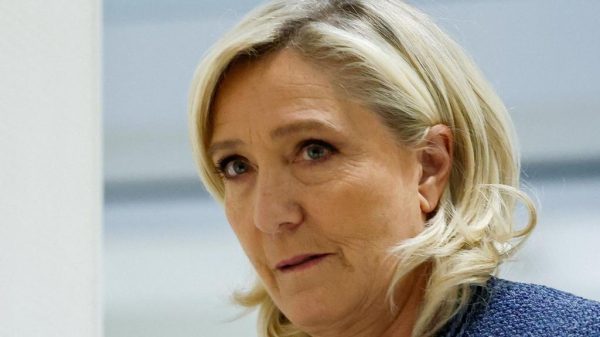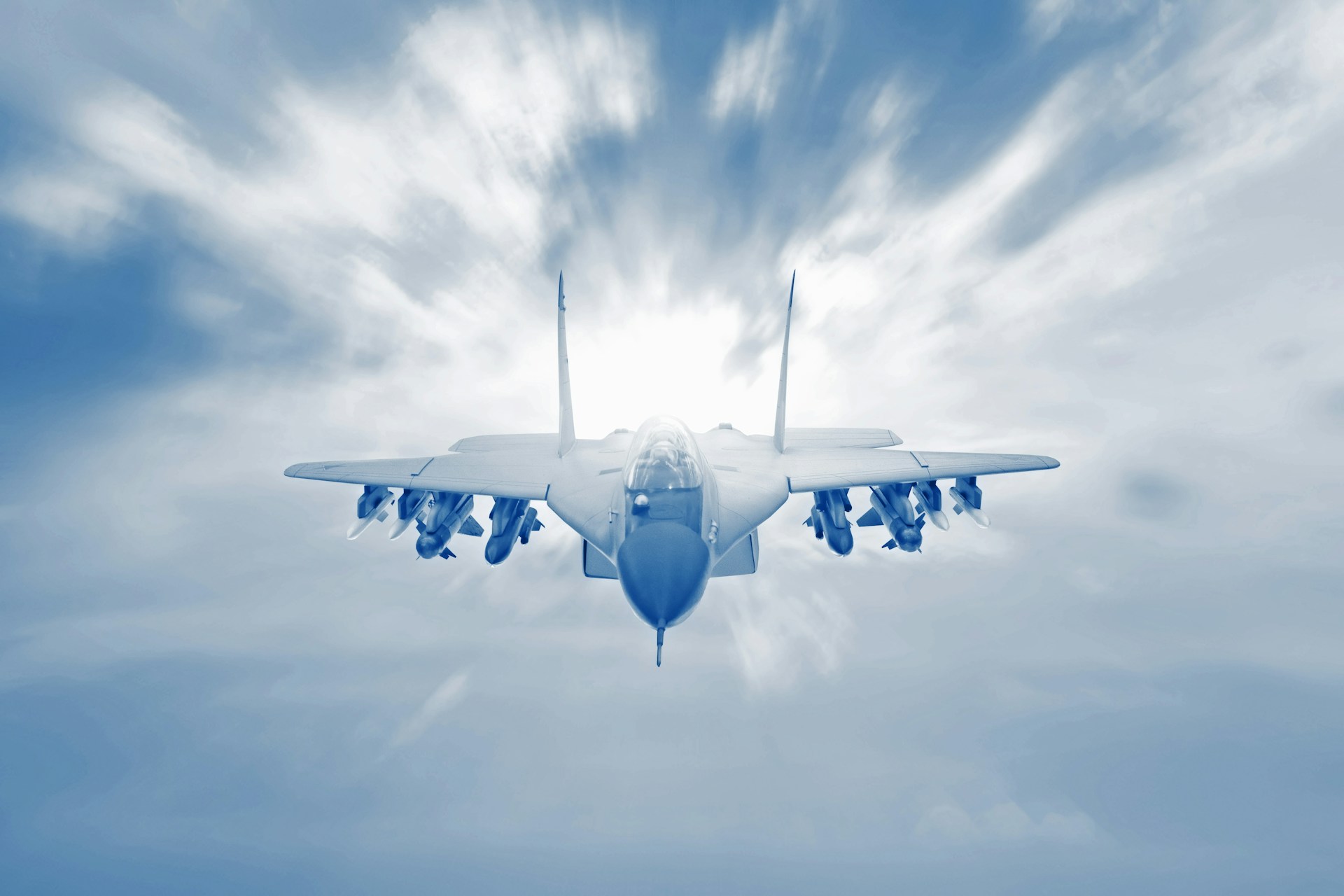The number of warnings from Western top military and political officials about an imminent war is countless. In public opinion, the immediate leap is often made to “we must strengthen our defence” or, in the worst case, “they are advocating for their own interests.” – writes Marc Thys for EGMONT – The Royal Institute for International Relations
This reaction is symptomatic of the fact that, particularly in Western European societies, we have forgotten the language of power. Power, especially the American security umbrella under which we still live, was and is transparent for Western countries. So transparent that we, as Western Europeans, thought it was obvious, and our security and position in the world were irreversible certainties. Our societal model was “superior,” and it would always remain so. As a result, the language of power became incomprehensible for many Western European politicians and, certainly, the population in general.
Power is not a dirty word. However, in our society, it was often felt and interpreted that way. Power could only be abused. But if one wants to bring about positive change, one needs power. And today, power has once again become the language of international politics. A language that we should understand well and dare to speak again. To change things for the better. To fulfill the core task of a government, ensuring the safety of its citizens, as effectively as possible.
If you want to use power, you must know your instruments of power and use them in a coordinated manner. The problem already arises in understanding the instruments of power. A strong and resilient society certainly does not rely solely on a strong military instrument. The simplest theory of power instruments speaks of four: diplomatic, informational, military, and economic. Easy to remember through the acronym DIME. When we analyse Europe and the EU in particular, the situation is not optimistic. Diplomatically, it is not easy to speak with one voice. We struggle daily with disinformation attacks, cannot provide a strong reply, and observe a very low willingness among the Western European population to defend our prosperity. Militarily, we lack credibility, among other reasons, due to our very limited logistical depth and resources, but fortunately we are (still) an economic giant.
However, power is the product of these factors. Our basic knowledge of mathematics teaches us that if one of the factors in a product is zero or almost zero, the product is also zero or almost zero. The same goes for power. The praised European Soft Power has little effect if it does not have a foundation of Hard Power. For a continent that has global interests and wants to protect its peace and prosperity, this requires not only a credible and, where necessary, deployable military instrument, but also a strong diplomacy that speaks with one voice and can forge alliances worldwide, with a message supported by the population about what we stand for, and an economy that is autonomous and independent without falling into isolationism.
Strictly speaking, strengthening the military instrument is the simplest of the four. It can be relatively easily translated into people and resources. It involves tangible actions. Just like in change management, the intangible is the challenge. The necessary cultural change and understanding must permeate what we need to strengthen in all these instruments of power. It is THE political challenge, regardless of local agendas that characterize our election programs. It is about preserving the foundations of our welfare state. Preserving the inclusive political and economic institutions that we know[1]. Economically, protecting private property, an impartial legal system, public services that provide equal opportunities commercially and financially, and ensure equal opportunities for every citizen. Politically, allowing the force of creative destruction to have free rein, maintaining a parliamentary tradition that respects the division of power and serves as a control mechanism against abuse and appropriation of power, thereby creating an equal playing field for every citizen.
Agreed, this is an ideal image where there is still work to be done within our own political system. But the admiration by some for the Russian model, equivalent to a religious fascist kleptocracy, and portraying it as the shining future is bewildering. It is nevertheless what the extremes in our political landscape, of any orientation, fundamentally do. However, history teaches us that we will not find prosperity and peace in the extremes of religion, class, and nation[2]. Extremes always divide society into two sides, one of which, at best, must be “re-educated”: believers and non-believers, rich and poor, indigenous and foreign. Discord and dividing society are inherent to these ideologies. It is a recipe for fear of fellow citizens, and government, resulting in the crumbling of our social fabric.
So, it is up to the political centre to relearn and speak the language of power. To cut off these extremes. A power based on moral authority accepted by the population and with a vision that provides perspective[3]. Where power and available instruments are used for the good of the entire community, with the certainty that it will never be perfect. But above all, where power is not used as in authoritarian regimes, depending on one’s belief, origin, or position in society. In world history, no society has known peace for as long and achieved such a level of prosperity as the European one. We have a lot to protect. Let us be aware of that. Otherwise, we too will succumb to the iron law of oligarchy, where new leaders overthrow old regimes with promises but ultimately fail to fulfil any of them.
[1] Daron Acemoglu en James Robinson, “Waarom sommige landen rijk zijn en andere arm”, p 416 en volgende
[2] Mark Elchardus, “RESET, over identiteit, gemeenschap en democratie”, p 145
[3] Edward Hallett Carr, “The twenty years’ crisis, 1919-1939” pp 235-236
This article was also published in Dutch in the Knack.

















































